
There’s a story I read to my children, an old piece of African folklore. In the tale, a clever jackal outwits a mighty lion by convincing him that the rock ledge above them is about to collapse. The lion, believing the jackal’s warning, uses all his strength to push up against the rock, holding it in place.
The jackal promises to return with a branch to support the ledge, but instead, he makes his escape. Hours later, exhausted, the lion finally collapses, throwing his paws over his head in fear—only to realize the rock was never going to fall. It had been holding itself up all along.
By believing the jackal’s story, the lion not only lost his chance at a meal but also drained himself completely. His muscles trembled, his breath came ragged, his energy was spent. The rock had never needed his strength at all.
I thought about this story the other day—not while reading to my children, but in a moment of quiet realization. A wave of exhaustion and relief hit me. I could feel the weight dropping from my shoulders, as if I were lowering my own arms from the rock ledge, only just realizing it had never needed my help.
For years, I have tried to hold up things that were never mine to carry—relationships, outcomes, even the way the world moves. Intellectually, I’ve known for a while that control and perfectionism are two traits I need to release in order to heal and move forward. And yet, the need for control is so deeply ingrained that it slips in sideways, undetected, just when I think I’ve cracked the code.
Take my writing, for example. It has always been driven by twin needs: first, to express myself, to shape my creativity and voice; but second, to make a difference—to shift the broader story unfolding on the global stage. Underpinning this is the belief that if I work hard enough, craft my words carefully enough, maybe I can influence something bigger than myself.
But as I pictured the lion straining against the rock, I saw myself in him—struggling to change the world, to make an impact. And just like the rock ledge, the world moves as it always has, with or without my effort. No amount of willpower will shift it.
At first, this realization felt disheartening. But then I saw it for what it was: an opportunity. A chance to redirect my energy toward what I can control—my own choices, my own growth—rather than exhausting myself trying to push against something that will never move.
The same is true in my relationships. When I see family or friends struggle, my first impulse is to jump in and fix it for them. If I can’t fix it, I tell them how they should fix it. And when they don’t, I wait impatiently for them to act on my plan.
Acceptance has always felt like forfeit, like giving in. But real love isn’t about control. It isn’t about making someone else change. If anything, my pushing only gave others something to resist—an excuse to avoid looking inward and making the change themselves.
Just the other day, my son James banged his head. What followed was typical for him—rather than running to me for comfort like his sisters, he ran away crying, shouting, “Go away!” when I approached. It broke my heart.
I didn’t listen. I inched closer, swatting away his flailing limbs, trying to soothe, trying to help, trying to fix. But the more I reached for him, the more he recoiled. My love felt like pursuit—like pushing, pulling, prodding. I was trying to make things better when what he needed was for me to simply be there, steady and patient, until he was ready to come back on his own.
It’s hard to let go. Hard to accept that I can’t protect, guide, and mold everything as a parent, a partner, a daughter, a friend. But even a four-year-old sometimes needs the space to find his own way through. Sometimes, the best—the only—thing I can do is stop pushing and hold the space for him to find himself.
Surrender is not passivity. Letting go of control doesn’t mean doing nothing—it means shifting my focus inward, toward what I can change: myself, my choices, my own growth. It means holding space for those I love, trusting that they will find their own way.
The message was driven home again in the quiet of my dreams. I saw a large and beautiful rainbow-colored ring—bold, unconventional, unlike the traditional platinum engagement band. It shimmered with something deeper: a different kind of love, one unconstrained by rigid expectations.
The next morning, as if to affirm the message, James’ tiny hand slipped into mine in the kitchen. With a delighted giggle, he rolled a bright, multi-colored playdough ring onto my finger.
I looked at him, at his joy, at his offering. And I understood.
Love isn’t about clinging, controlling, or shaping something into what we think it should be. Love is flexible. Love is colorful. Love is personal. And sometimes, love simply holds space, waiting patiently for the moment we are ready to return to it.
This realization carries a tinge of sadness. How many years have I spent striving to move boulders that were never mine to shift?
But beyond the sadness, there is also joy—deep, unshakable joy—in realizing I am free. Relief in knowing I don’t have to hold up the world, my friends, or my family.
And peace—at last, within reach—in trusting that life is unfolding exactly as it’s meant to, as I slowly, gently, let go.
About Katherine Wiles
Katherine Wiles is a writer, media professional, and mother of three exploring the intersection of healing, identity, and emotional truth. On her Substack, A Path to Wholeness, she shares personal essays and soulful interviews with teachers, guides, and practitioners navigating the journey of self-discovery. Her work has been featured in Tiny Buddha, Brevity, and beyond. She writes to slow down, reconnect, and remember what matters most. Find her at wileswrites.substack.com.
https://cdn.tinybuddha.com/wp-content/uploads/2025/05/Holding-space.jpg
2025-05-07 16:10:01

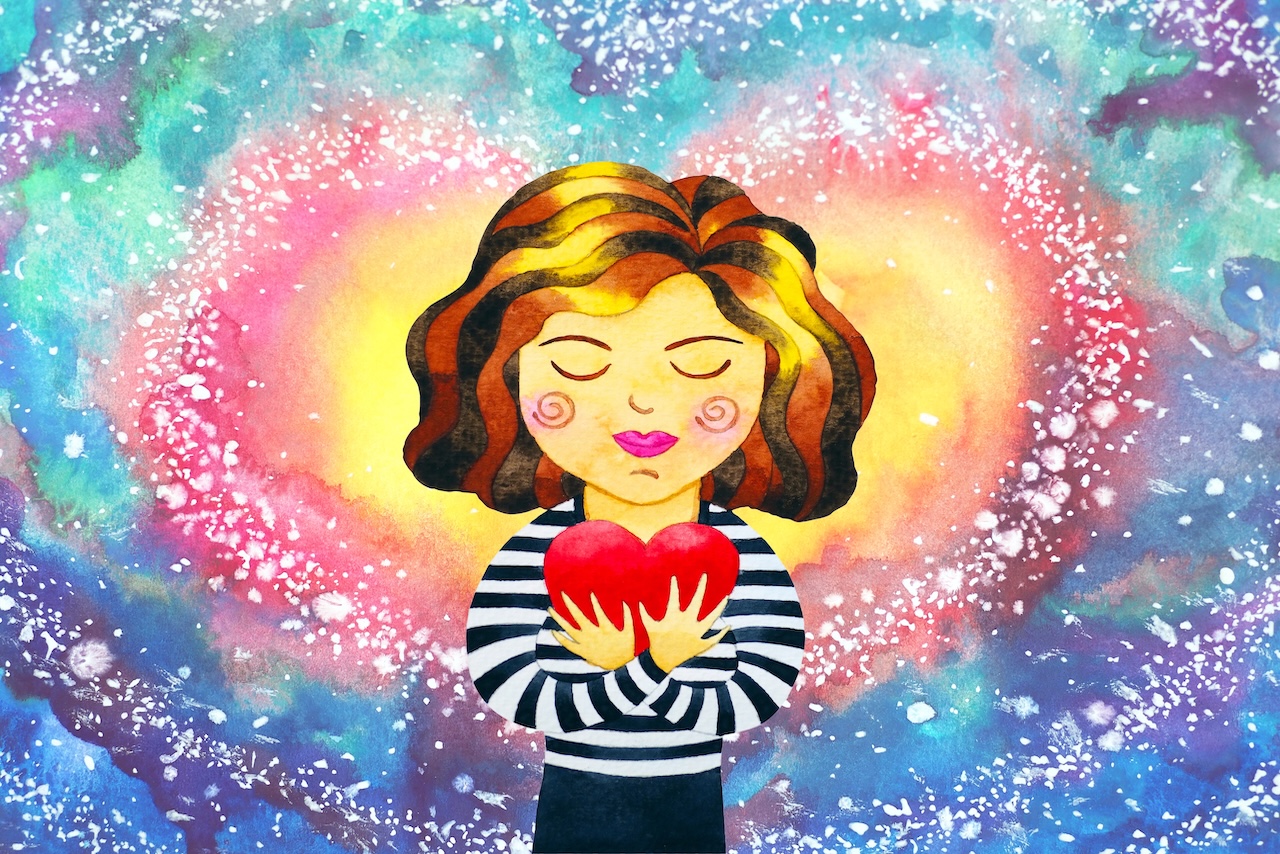


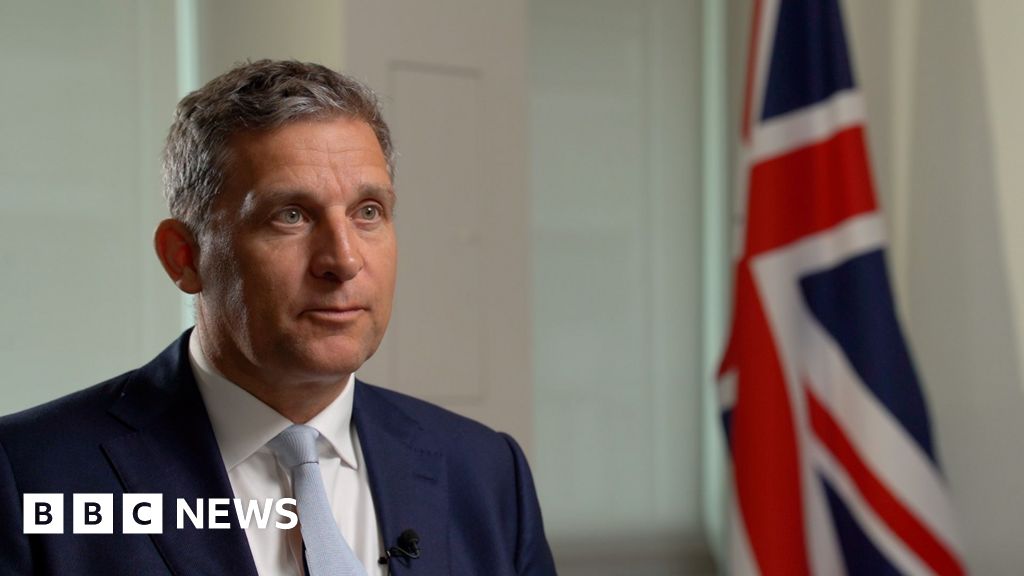



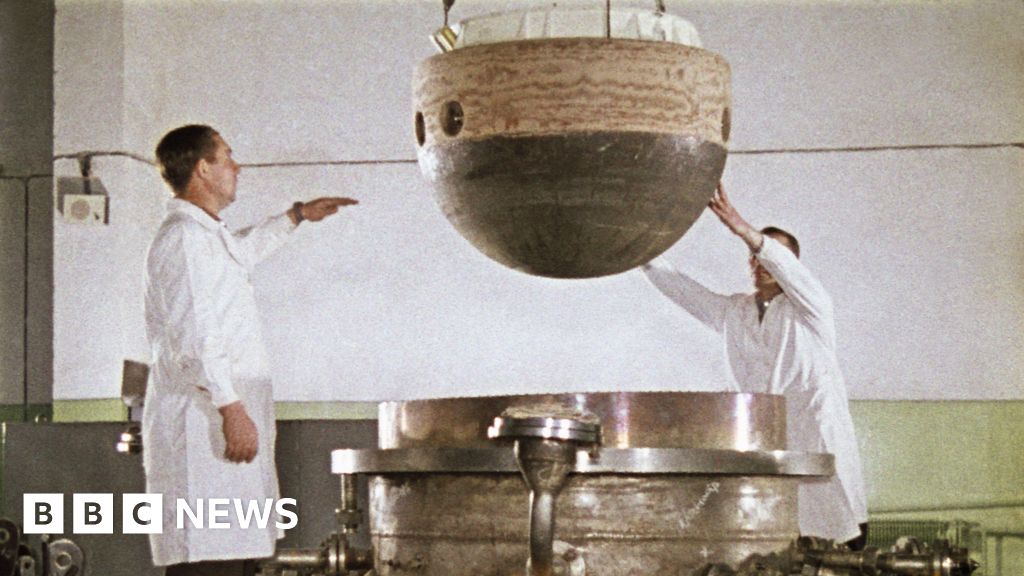


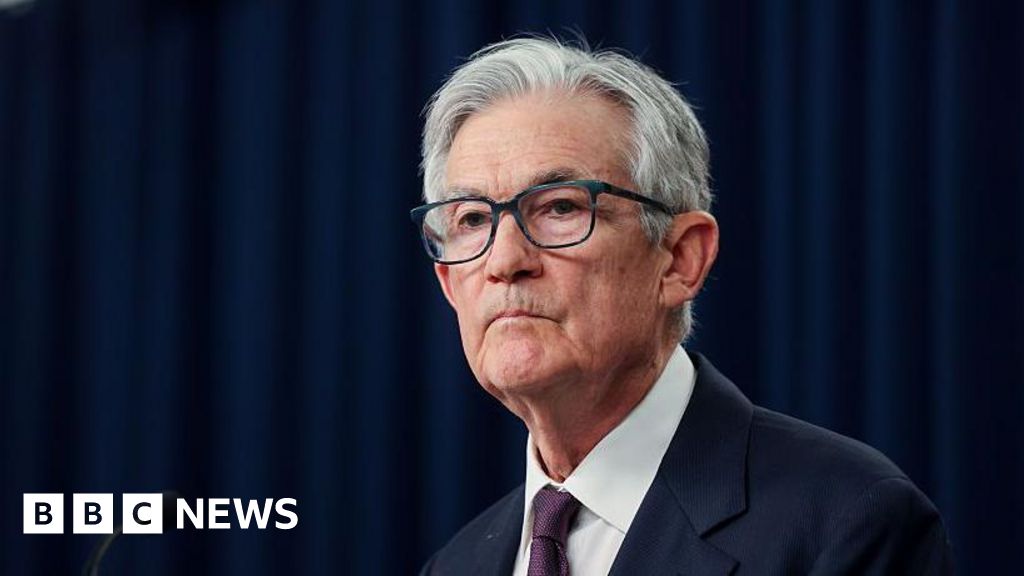
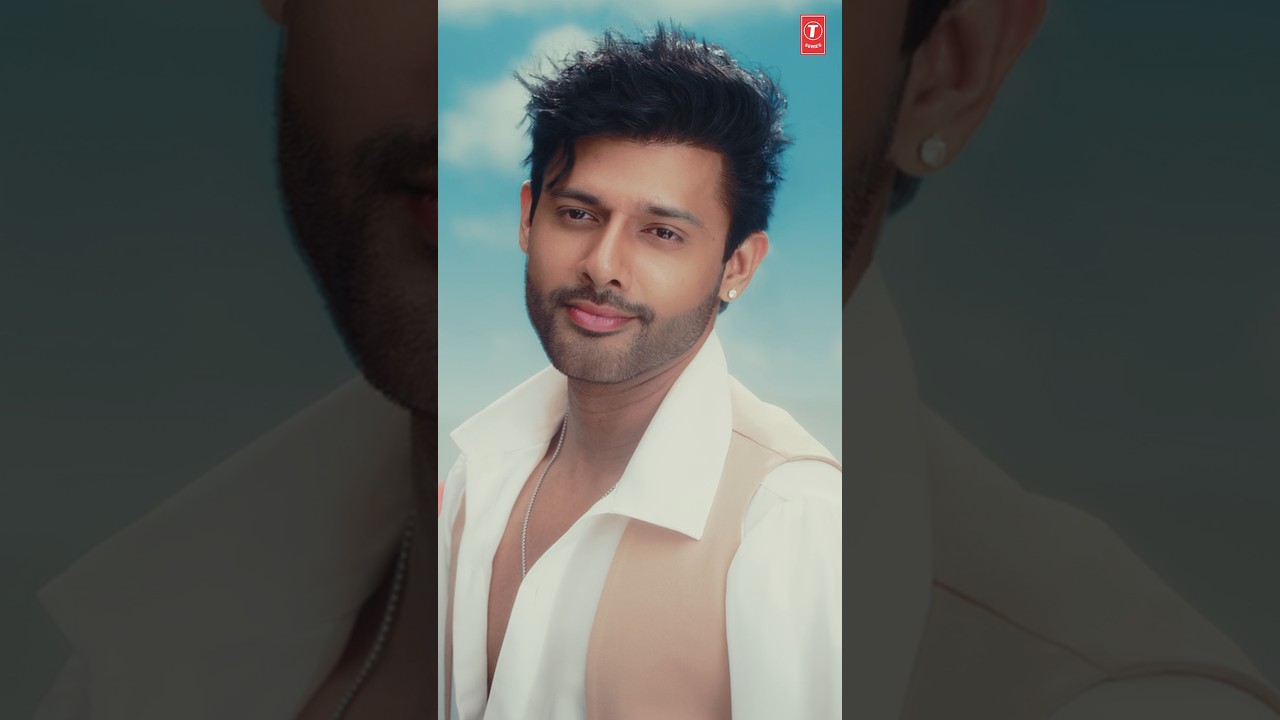


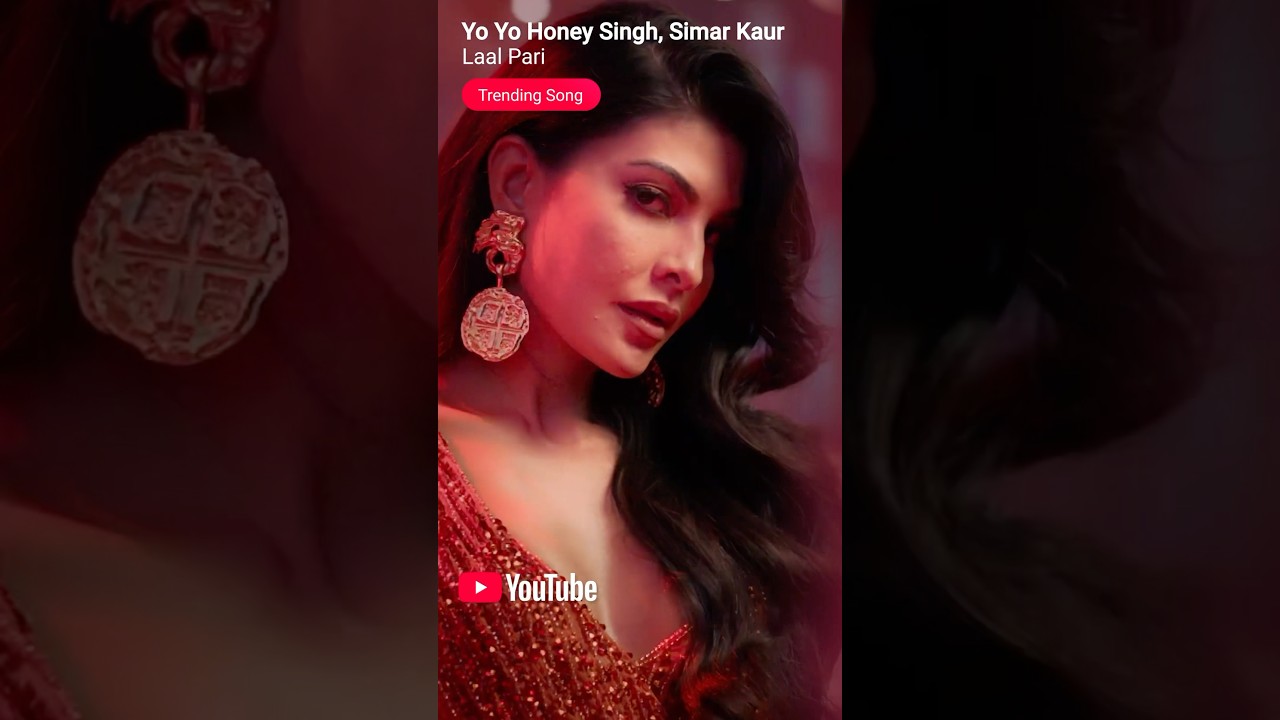
Leave a Reply